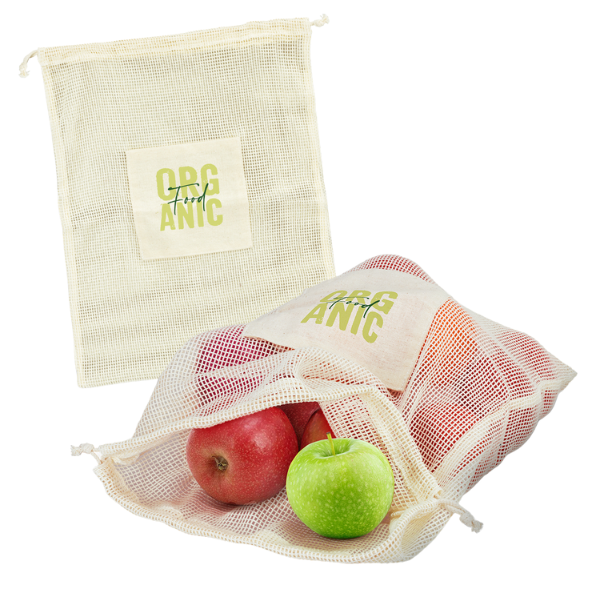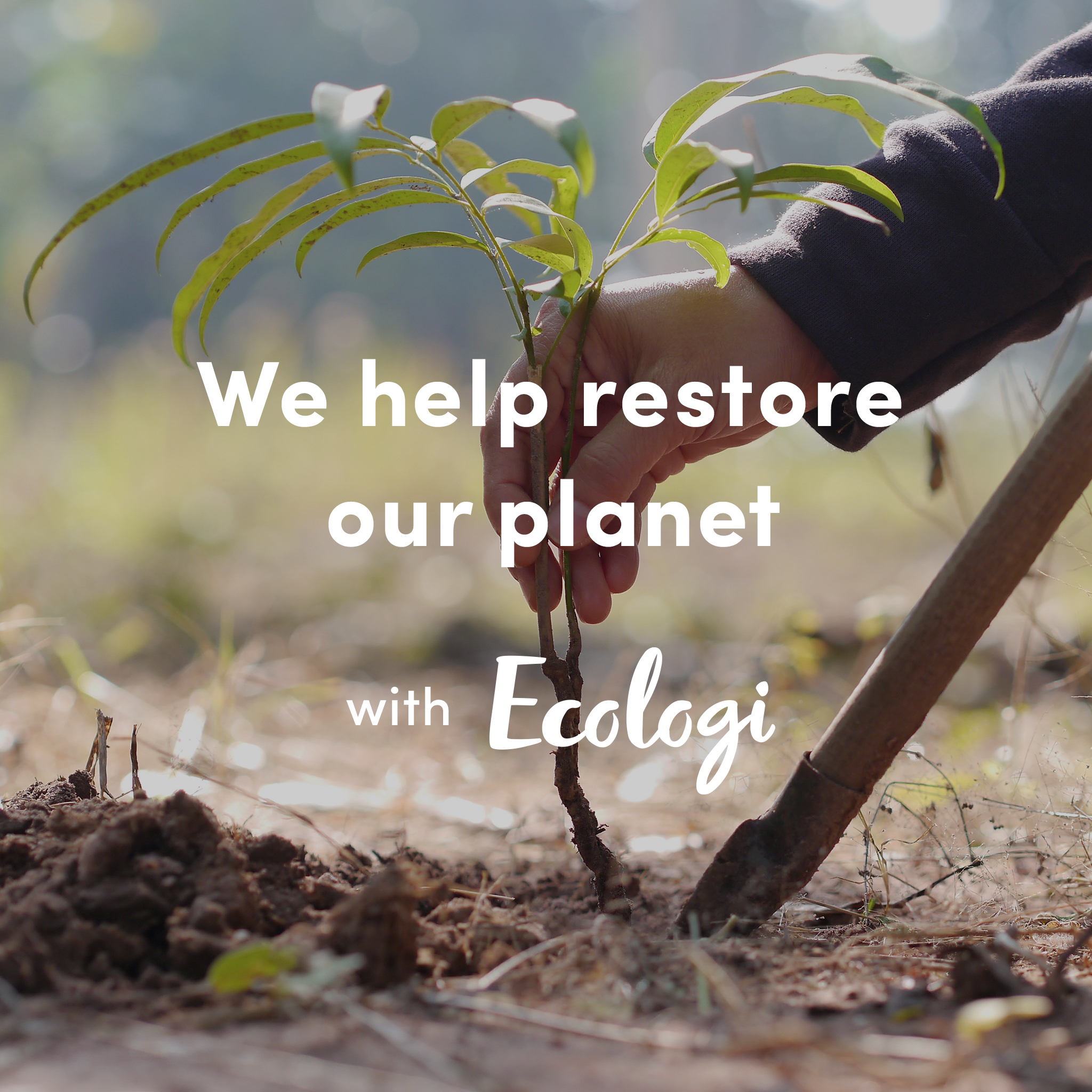Biodegradable
Biodegradable
Biodegradable refers to the ability of a substance to break down, decompose, or be disintegrated by natural biological processes into simpler, environmentally harmless compounds. Materials that are biodegradable can be broken down by microorganisms, such as bacteria and fungi, over time, resulting in a reduction of waste and a lessening environmental impact compared to non-biodegradable counterparts
Recyclable
Recyclable
recyclable refers to a product or material that can be entirely collected, processed, and re-manufactured into new products or materials without any loss in quality or performance. Items labelled as 100% recyclable can be reintroduced into the recycling stream and transformed into new products through established recycling processes. This designation emphasizes the potential for the entire item to be recycled, promoting environmental sustainability by reducing waste and conserving resources.
Compostable
Compostable
Compostable refers to a material or product that has the ability to break down, decompose, and transform into nutrient-rich organic matter through the natural process of composting. Composting is a controlled biological degradation of organic materials, typically carried out in a composting facility or in home compost bins, where microorganisms, heat, and oxygen work together to break down organic matter.
Recycled
Recycled
Recycled refers to a process in which materials, typically waste or used items, undergo a series of treatments or procedures to be reprocessed and reused in the production of new goods or products. Recycling aims to divert materials from disposal in landfills or incineration, contributing to environmental sustainability by conserving resources, reducing energy consumption, and minimizing the environmental impact associated with the extraction and processing of raw materials
Organic
Organic
Organic non-food products refer to items, goods, or materials produced using organic and sustainable practices but are not intended for consumption. These products encompass a wide range of categories, including textiles, personal care items, cleaning products, and more. The term "organic" in this context indicates that the materials and processes involved in their production adhere to organic and environmentally friendly standards.
Natural Materials
Natural Materials
The term 100% natural material typically refers to a substance or product that is derived entirely from naturally occurring sources without the inclusion of synthetic or artificial components. The designation "100%" emphasizes that the entirety of the material is of natural origin, without any chemical or synthetic additives. Natural materials can include a wide range of substances such as wood, cotton, wool, leather, and various plant-based fibers. These materials are often valued for their organic and environmentally friendly qualities. Products labelled as 100% natural material may be used in various industries, including textiles, construction, and consumer goods.
Reusable - replacing single use
Reusable - replacing single use
Reusable, replacing single use refers to a product or item designed to be used multiple times as an alternative to single-use items. The concept emphasizes a shift away from disposable, one-time-use items towards more sustainable and environmentally friendly alternatives. Reusable products are intended to help reduce the generation of waste and minimize the environmental impact associated with disposable items. Common examples of reusable, replacing single-use products include reusable water bottles, shopping bags, coffee cups, and food containers. These items are typically made from durable materials that can withstand multiple uses and are designed to be easily cleaned and maintained
We plant a tree for every order!
We will plant a tree for every order via our partnership with Ecologi. Check out our forest and find out more here!.


